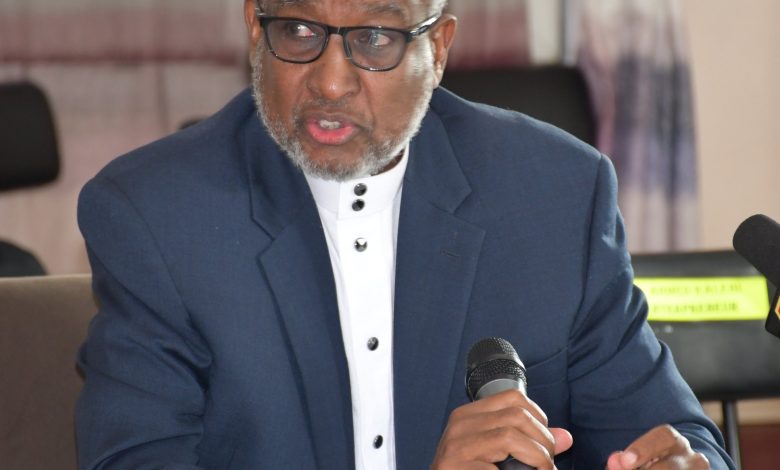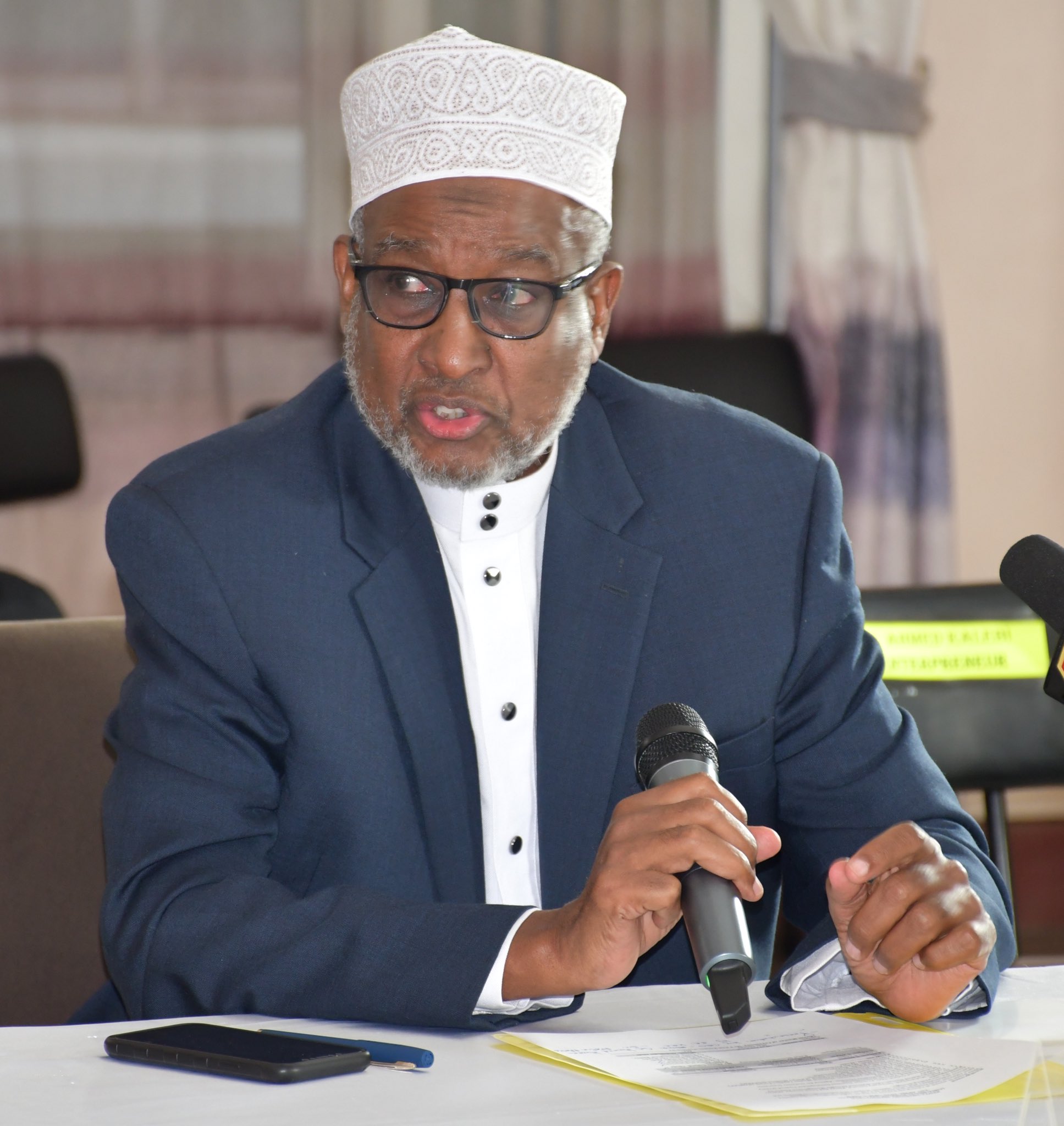Kenyan Muslim Leaders Call for Cutting Ties with Israel
hey urged Kenyans to stand in solidarity with Palestinians, emphasizing that they have endured Israel's aggression for the past 16 years.

In a recent press briefing at Jamia Mosque, Abdullahi Abdi, chairman of the National Muslim Leaders Forum (NAMLEF), expressed the desire for Kenya to sever diplomatic relations with Israel and recall its envoy.
The leaders cited crimes against humanity in the ongoing conflict with Hamas as the reason behind this call. They urged Kenyans to stand in solidarity with Palestinians, emphasizing that they have endured Israel’s aggression for the past 16 years.
Read also-Gachagua Urges Kenyan Youth to Explore Agricultural Job Opportunities
The Muslim leaders described the Israeli raid on Gaza as a “genocide against Palestinians” and highlighted the dire humanitarian crisis resulting from the siege, blockade, and indiscriminate bombardment.

They expressed concern over the deliberate targeting and destruction of hospitals, schools, UN shelters, refugee camps, as well as the deliberate targeting of journalists and humanitarian workers.
Furthermore, the leaders accused the US government of facilitating what they referred to as a “modern-day Holocaust by a terrorist state” through the provision of fuel, firepower, funds, and diplomatic support. They unequivocally condemned these actions, considering them a violation of international law and an obstacle to finding a just and lasting solution.
The leaders demanded the preservation of the sanctity of Al Aqsa Mosque, the third-holiest mosque, as a crucial step to ease tensions.
They also called for an immediate cessation of all attacks and the establishment of a humanitarian corridor through the Gaza Strip.
Additionally, they urged an end to the forced expulsion of Palestinian families, the threat of closing hospitals and UN shelters, and the restoration of vital supplies such as water, food, medicine, fuel, and other necessities.
Ultimately, the leaders emphasized the need for a legitimate, genuine, and durable solution to the Palestinian problem.
They insisted on full compliance with past UN resolutions, leading to a two-state solution based on the 1967 borders, with East Jerusalem as the capital of the Palestinian state, and the right of return for all Palestinian refugees to their free and independent homeland.






